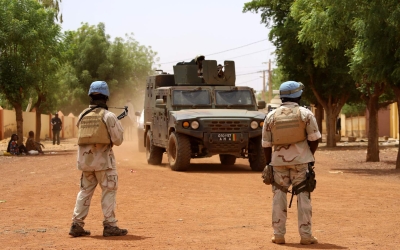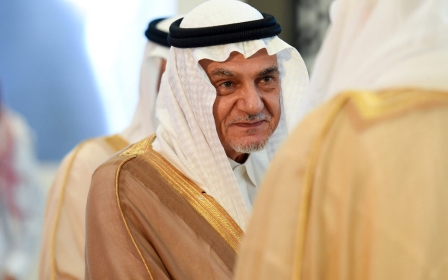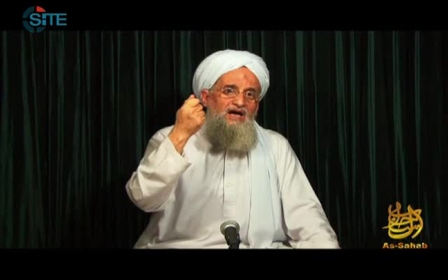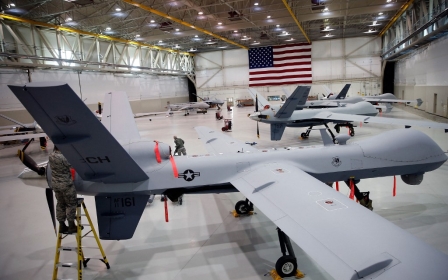Ayman al-Zawahiri: US kills top al-Qaeda leader in drone strike in Afghanistan
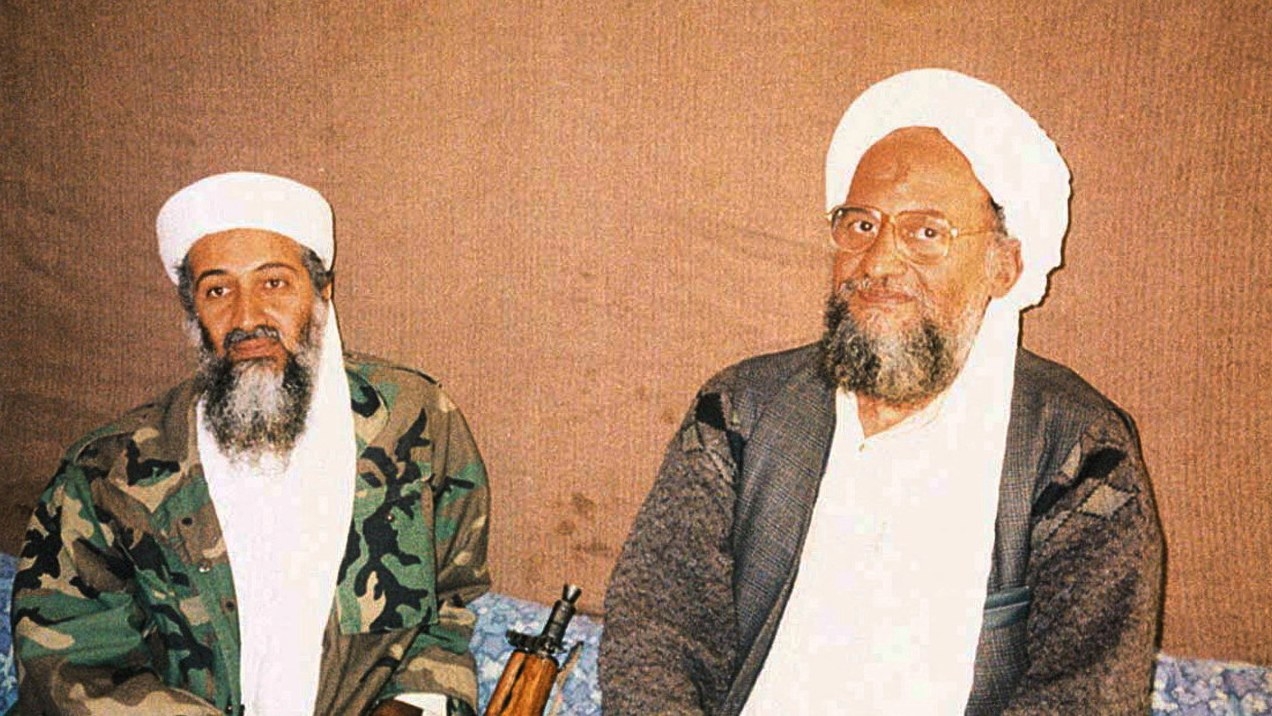
The US has killed al-Qaeda leader Ayman al-Zawahiri in a drone strike in Afghanistan over the weekend, a senior White House official confirmed on Monday evening.
The CIA carried out a drone strike in Kabul on 31 July at 6:18am local time, the official said during a background call. The Associated Press first reported that Zawahiri, 71, was killed.
"Now, justice has been delivered. And this terrorist leader is no more," President Joe Biden said on Monday evening. "No matter how long it takes, no matter where you hide, if you are a threat to our people, the United States will find you and take you out."
The administration official said that senior Haqqani Taliban officials were aware that Zawahiri was at the location, a safe house in Afghanistan's capital, but that the Taliban was not given advance notification of the strike.
Multiple reports, including from the New York Times, claim that the house targeted in the strike belonged to a top aide of Sirajuddin Haqqani, a senior Taliban official.
New MEE newsletter: Jerusalem Dispatch
Sign up to get the latest insights and analysis on Israel-Palestine, alongside Turkey Unpacked and other MEE newsletters
The official added that the strike was successful and there were no civilian casualties.
"His death deals a significant blow to al-Qaeda and will degrade the group's ability to operate, including against the US homeland," the official said.
Zawahiri's leadership role in al-Qaeda was cited by the official as the legal basis for the strike - the 2001 Authorization for the Use of Military Force has been continually used as a legal basis for US strikes in the Middle East.
The drone strike is the first conducted by the US in Afghanistan since last August, during its withdrawal from the country. That strike killed 10 civilians in Kabul and was heavily criticised by rights groups and US lawmakers.
Most wanted list
Born in 1951 to a prominent Cairo family, Zawahiri was a grandson of the grand imam of Al Azhar, one of Islam's most important mosques. He was raised in Cairo's leafy Maadi suburb, a place favoured by expatriates from the western nations he railed against.
The first time the world heard of Zawahiri was when he stood in a courtroom cage after the assassination of Egyptian president Anwar Sadat in 1981.
"We have sacrificed, and we are still ready for more sacrifices until the victory of Islam," shouted Zawahiri, wearing a white robe, as fellow defendants enraged by Sadat's peace treaty with Israel chanted slogans.
Zawahiri served a three-year jail term for illegal arms possession, but was acquitted of the main charges.
People who studied with Zawahiri at Cairo University's Faculty of Medicine in the 1970s describe a lively young man who went to the cinema, listened to music and joked with friends.
"When he came out of prison he was a completely different person," said a doctor who studied with Zawahiri and declined to be named.
A trained surgeon - one of his pseudonyms was The Doctor - Zawahiri went to Pakistan on his release, where he worked with the Red Crescent, treating mujahideen fighters wounded in Afghanistan battling Soviet forces. There, he became acquainted with Osama bin Laden, a wealthy Saudi Arabian who had joined the Afghan resistance and founded al-Qaeda.
Zawahiri is believed to have been involved in some of al-Qaeda's biggest operations, helping organise the 11 September 2001 attacks, when airliners hijacked by al-Qaeda were used to kill 3,000 people in the United States.
He was indicted for his alleged role in the 1998 bombings of the US embassies in Kenya and Tanzania. The FBI put a $25m bounty on his head, adding him to its most wanted list.
In 2001, both Zawahiri and bin Laden had escaped US forces in Afghanistan and the former's whereabouts had long been a mystery. Zawahiri took over the leadership of al-Qaeda following the assassination of bin Laden on 2 May 2011 in Abbottabad, Pakistan, by US forces.
According to a report by the United Nations late last month, the al-Qaeda leader was alive and living in Afghanistan and his "comfort and ability to communicate" coincided with the Taliban's takeover of the country last August.
Doha agreement 'violated'
The Taliban have condemned the drone strike in a statement, saying it was a violation of the Doha peace agreement they signed with the US government, and that the strike is harmful to mutual cooperation with Washington in the future.
The Doha agreement called for the withdrawal of all American forces from Afghanistan.
It also included a commitment the Taliban was expected to honour to prevent "terrorism," including renouncing al-Qaeda and preventing the group from using Afghan soil to plot attacks on the US. However, the deal did not explicitly mandate that the Taliban expel al-Qaeda.
The White House official, however, said that Zawahiri's presence in Kabul was a violation of the Doha agreement.
"This is a very important point for us to make clear to the Taliban that we expect them to abide by the terms of the Doha agreement. And the presence of Zawahiri in downtown Kabul is a clear violation of that," the US official said.
Zawahiri could potentially be succeeded by Saif al-Adel, who has been with the group since its early days.
Middle East Eye delivers independent and unrivalled coverage and analysis of the Middle East, North Africa and beyond. To learn more about republishing this content and the associated fees, please fill out this form. More about MEE can be found here.


